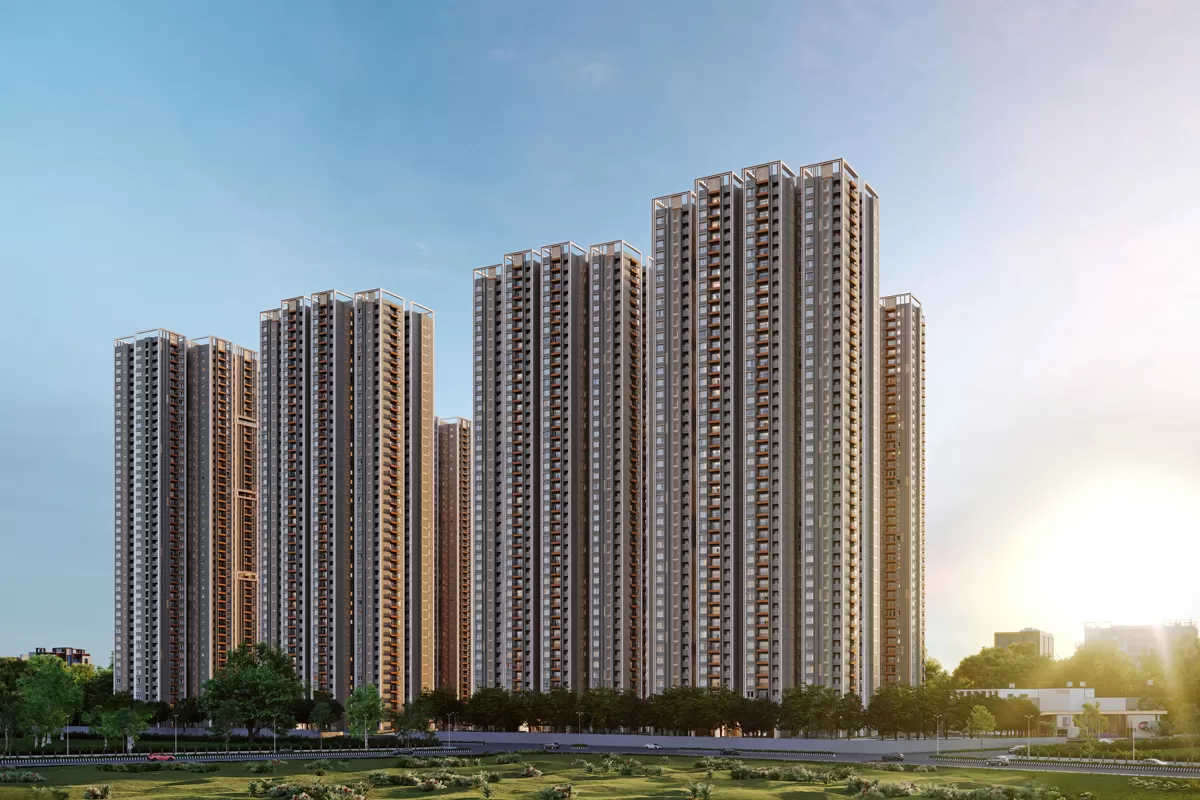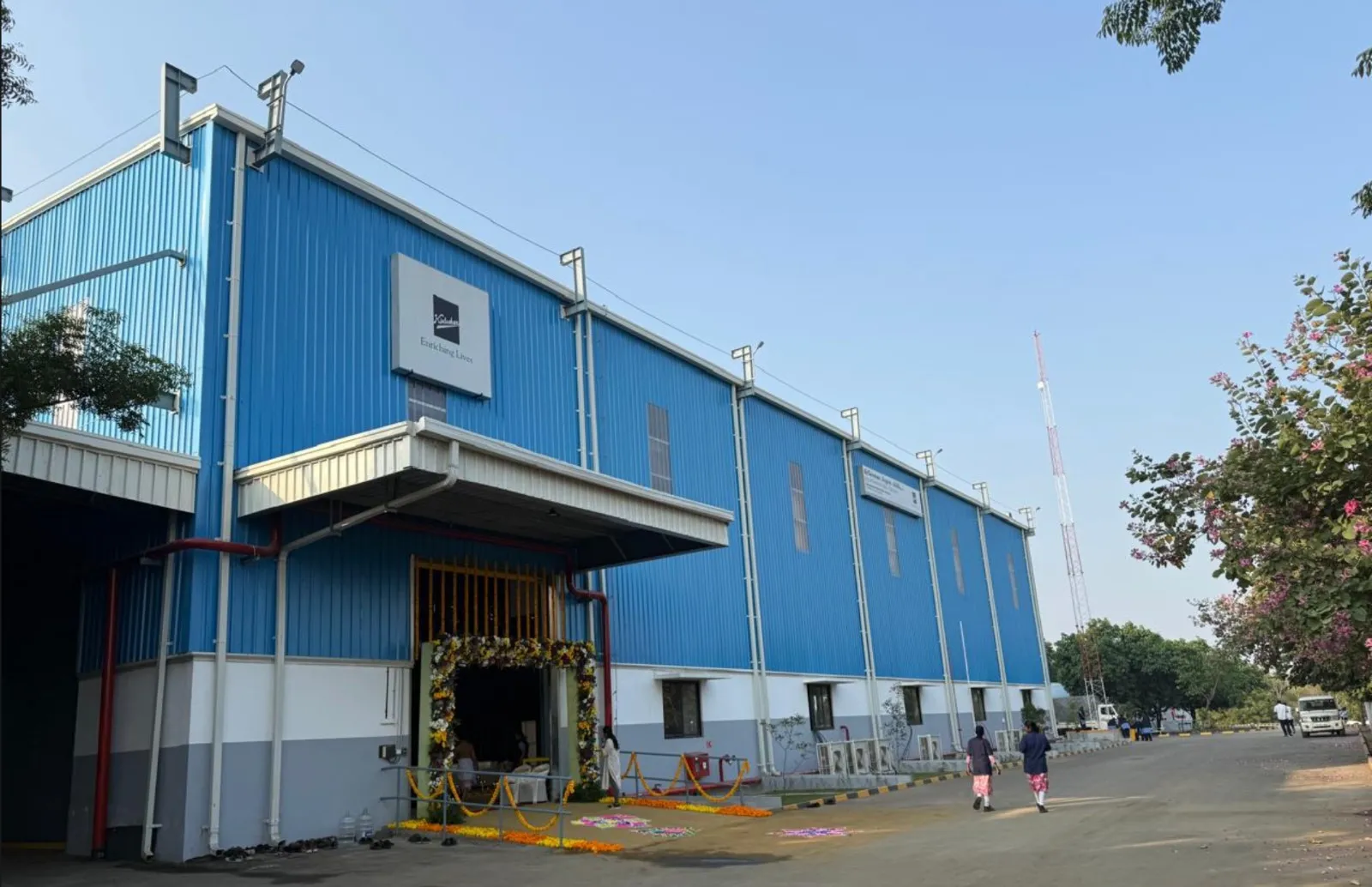Aparna Constructions has delivered over 40 million sq ft of premium residential space and is executing another 50 million sq ft across Telangana, Andhra Pradesh and Karnataka. With a 29-year legacy, pioneering gated communities and integrated development in South India, Aparna balances luxury, affordability and sustainability in every project. Rakesh Reddy, Director, Aparna Constructions and Estates, shares how the company is shaping urban ecosystems with integrity and foresight, in a conversation with CW. Excerpts:Aparna Constructions has grown significantly since inception. What core philosophy has guided this journey over the years?Our guiding principle is simple: Build every home as if it were our own. That ethos drives our attention to detail, quality and design. Over nearly three decades, we’ve served close to 20,000 customers with zero complaints on quality, design, delivery or service. Today, we are a Rs 35 billion enterprise known for transparency and customer trust.What are some standout features or innovations in your recent or flagship projects?Rather than just ‘features’, it’s about the design philosophy we follow. In a hyper-competitive market like Hyderabad where densities go up to 5 lakh sq ft per acre, we intentionally limit built-up density – usually around 2.3–2.4 lakh sq ft per acre – to preserve 80-85 per cent open spaces. At Aparna Deccan Town, our landmark 123-acre township, we're conserving 4 acre of virgin land for an urban forest. Other innovations include: 17° North Club, a 6-acre luxury club with fine dining, wellness and business amenities; Aparna Synergy, Vastu-compliant, energy-efficient homes optimised for natural ventilation; and Aparna Neo Mall & Cinemas, a mixed-use development with over 80 retail brands and a 1,200+ seater multiplex.How does your integrated model with Aparna Enterprises enhance efficiency and quality control?We produce most materials inhouse, including RMC, uPVC windows, aluminium profiles, tiles, doors and door frames. Apart from glass, cement, steel, adhesives and paints, everything is manufactured by us, allowing complete control over quality and timelines. We have over 150-200 quality checkpoints. Since it’s all internal, we know what’s going into the building, from raw material to deployment.When you depend on external vendors, you rely on their word. But what goes inside the structure – like MEP – isn’t visible. If something goes wrong post-handover, fixing it is a major hassle. That’s why inhouse manufacturing makes a big difference.How are sustainability and smart technology integrated into your developments?All our projects are IGBC-certified and thoughtfully designed with a strong focus on sustainability and wellness. They feature low-VOC paints, energy-efficient glass, solar panels, rainwater harvesting systems and up to 70 per cent open spaces. Our homes are also IoT-enabled, offering smart features such as app and voice-controlled appliances, lighting and climate systems. We place high importance on creating healthy indoor environments through enhanced air quality, ample natural daylight and effective cross-ventilation.We have had a long-standing association with Asian Paints and have also used imported paints from Singapore for our premium projects. These choices are not just about earning green credentials – they are value drivers that significantly enhance liveability and the long-term quality of our assets.How is Aparna Constructions adapting to shifting buyer preferences after RERA and the pandemic?RERA professionalised the industry and boosted customer trust. Post-pandemic, buyers want larger homes – what was once a 2BHK is now a 2.5BHK, with space for work-from-home setups. We’ve adapted by offering spacious, smart, and sustainable homes. There’s also higher demand for ready-to-move-in units, digital home buying tools and integrated communities with green spaces, recreation and wellness. The repo rate cuts are further fuelling positive sentiment and investment.Are you exploring new segments or cities for expansion?Yes, we’ve expanded into the commercial and retail segments. We have leased out 3 lakh sq ft to AASHTO Hospital, and a 1.7 million sq ft commercial building is nearing completion. In the retail space, we are developing malls in tier-two cities such as Nizamabad and Hanamkonda, and launching our inhouse cinema brand, Aparna Cinemas. At Deccan Town, we are creating a 7-acre, European-style, low-rise retail zone that will feature F&B outlets, retail stores and cinemas. By 2027, we plan to launch four new malls, all of which will include Aparna Cinemas. We’re also expanding aggressively in Bengaluru and actively scouting land in Mumbai. Additionally, Aparna Group has diversified into the pharmaceutical sector and has received USFDA clearance for its manufacturing unit.What are the biggest challenges real-estate developers encounter today?Real estate was once a localised business but over the past few years, it has evolved into a regional – and now national – market. Developers from Hyderabad are entering Bengaluru and Noida, and vice versa. This increasing competition means we all need to raise our game. There’s no room for complacency anymore. To stay ahead, we must anticipate what customers will want over the next three to five years and be ready to deliver; if we don’t, someone else will.The industry continues to grapple with challenges like rising input costs, regulatory delays and affordability pressures. While the current repo rate is favourable for first-time buyers, we continue to advocate for key reforms:Granting industry status to real estate to unlock formal fundingA single-window clearance system to expedite approvals A stronger policy push to promote green and affordable housing.How has Hyderabad’s flexible FSI policy shaped your planning and design?Though the city allows high FSI, we consciously avoid maxing it out. Our priority is quality of life: more breathing space, less congestion. That philosophy reflects in our master planning.How will FSI norms evolve and what’s the likely impact?We believe future FSI policies will promote sustainability and urban renewal. With better infrastructure like the Regional Ring Road, people will be more willing to move outward, reducing the pressure to build vertical and enabling mixed-use and green developments.Is there space for architectural innovation despite Vastu-led buyer preferences?Vastu is non-negotiable for many but we innovate on facades, materials and planning. That said, high-rises and mass-scale projects limit elaborate customisations due to cost and timeline considerations – unless the customer is willing to pay for it.Any final thoughts?Hyderabad is not slowing – it’s maturing. This is now an end-user-driven market. Serious developers with strong credentials are still performing well, and that’s a healthy evolution.Fact SheetYear of establishment: 1996Top management: S.S. Reddy, CMD Rakesh Reddy, DirectorNumber of employees: 4600+Areas of operations: Telangana, Andhra Pradesh, and KarnatakaCompleted projects (including total sq. ft. delivered): 40 million sq ftOngoing projects: 14 residential gated communities and 4 plotted developmentsUpcoming projects: 6





















